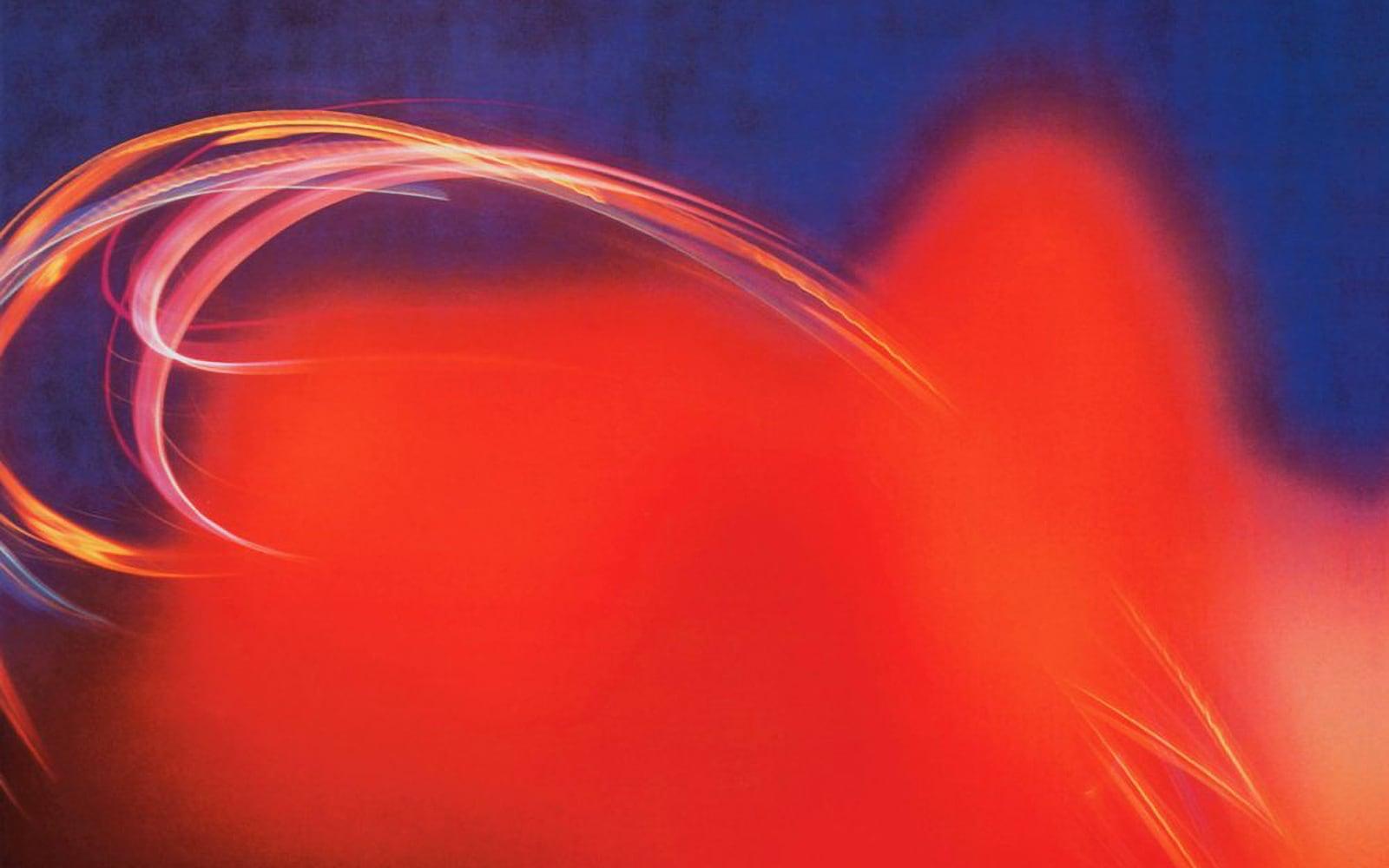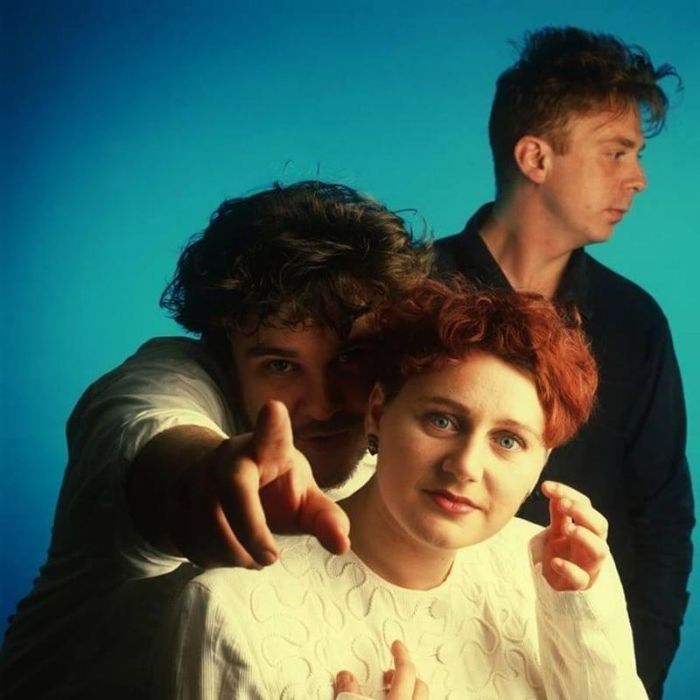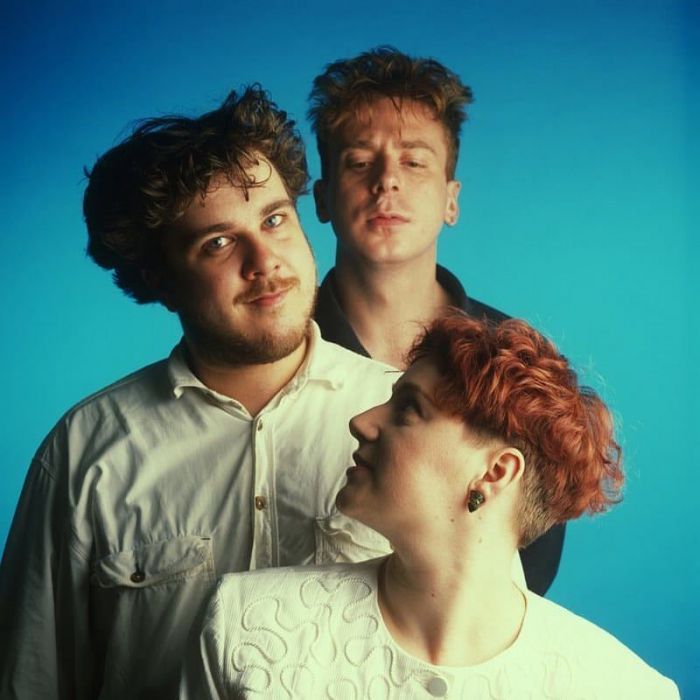30 Years in Heaven or Las Vegas

Released on September 17, 1990, Cocteau Twins’ Heaven or Las Vegas is an album whose beauty and magic has remained untarnished and undimmed by the last three decades. The band — which at the time consisted of vocalist Elizabeth Fraser, guitarist Robin Guthrie, and bassist Simon Raymonde — had already established themselves with a string of acclaimed albums including 1984’s Treasure and 1986’s Victorialand. But with Heaven or Las Vegas, they achieved something else entirely, something truly special.
The thing about Heaven or Las Vegas that always jumps out at me isn’t just how dreamy it sounds, which is a given with any Cocteau Twins album. Rather, it’s how accessible it is, relatively speaking. Indeed, it wouldn’t be out of sorts to call Heaven or Las Vegas the band’s “pop” album. (Or, as Danny Riley puts it, “the realisation of the Cocteau’s years of nebulous experimentation realised into a full-blown collection of direct yet still mysterious pop songs.”)
Songs like “Iceblink Luck” and the title track possess a radio-friendly quality that’s all the more alluring because the elements that made the band’s music so unique in the first place (e.g., Fraser’s inscrutable lyrics and ethereal voice, Guthrie’s chiming guitar tone) remain un-compromised. Or put another way, everything that fans had come to love about the band’s sound is still in full effect in these ten songs, only distilled to its purest, most direct essence.

This direct-ness and immediacy, though, was the result of several major life events, both good and bad.
Prior to the album’s release, Fraser gave birth to Lucy Belle, her daughter with Guthrie. (Heaven or Las Vegas was actually released on Lucy Belle’s first birthday.) Childbirth had a major effect on Fraser and is referenced, if obliquely, in the lyrics of “Pitch the Baby” and “Iceblink Luck.” When Fraser sings “I only want to love you” on the former, it’s one of the most nakedly emotional moments in the entire Cocteau Twins discography. Lucy Belle’s birth, combined with Raymonde’s recent marriage, lead to a sense of hope and optimism for the band’s future that would unfortunately be overshadowed.
During the recording of 1988’s Blue Bell Knoll, Guthrie had grown increasingly addicted to cocaine. That addiction picked up while the band worked on Heaven or Las Vegas, leading to paranoia, mood swings, and difficulties in Guthrie’s relationship with Fraser. Not surprisingly, Guthrie spent less time in the studio, meaning that more of the album’s recording and production duties fell to Raymonde. (Thankfully, Guthrie went into rehab after the album’s release). And if that weren’t all difficult enough, Raymonde’s father died while the band was recording the album.
Heaven or Las Vegas emerged from that emotional crucible and, without minimizing the pain and grief that the band experienced during that time, was almost certainly a better, stronger album for it. Raymonde put it this way: “[W]riting songs about birth, and also death, gave the record a darker side that I hear in songs like ‘Cherry-Coloured Funk’ and ‘Fotzepolitic.’ It was an inspirational time to be in the studio.”
The album’s title could be seen as symbolic in light of these events, a juxtaposition of innocence, peace, and light, and sin, depravity, and darkness. This juxtaposition comes through clearly on the album’s final song, “Frou-Frou Foxes in Midsummer Fires.” It begins with a solemn piano melody (written by Raymonde the day after his father’s death) and ghostly tendrils of guitar; meanwhile, Fraser’s voice sounds particularly lost and forlorn. But then there are moments where the song turns rapturous, with layers of Fraser’s angelic vocals dancing amidst the silvery, ringing tones of Guthrie’s guitar.

Heaven or Las Vegas was the Cocteau Twins’ final album for 4AD. Due to rising tensions with 4AD founder/owner Ivo Watts-Russell — who called Heaven or Las Vegas a “perfect album” and considers it his favorite 4AD release of all time — the band was released from their contract. (Their next album, Four-Calendar Café, was released by Fontana and Capitol in 1993.) Regardless, its legacy and influence has only grown, with artists including members of Slowdive and Ride, John Grant, and American Football’s Mike Kinsella singing its praises. Heck, even Prince was a fan; he apparently sampled “Fifty-Fifty Clown” for the song “Love… Thy Will Be Done” (listen to Prince’s version).
As for myself, I first heard Heaven or Las Vegas when I bought a used cassette copy some time in the late ’90s. It was the third Cocteau Twins album that I owned, following Treasure and Victorialand. And though I loved those albums — and still do — Heaven or Las Vegas clearly stood out in its own special way. I’m pretty sure I drove my parents crazy that summer, listening to it over and over again on their little stereo because I was transfixed by “Pitch the Baby“ ‘s quasi-funk rhythms, the title track’s effortless grace, the delicate urgency underscoring “Fotzepolitic,” and so much more.
Heaven or Las Vegas is one of those rare albums that I can describe as “otherworldly” and not feel hyperbolic doing so — not in the slightest. There are aspects of Fraser’s coo and Guthrie’s guitar cascades that simply do not sound like they were made by humans, or at least humans on this particular plane of existence. But the wondrous thing is that sense does nothing to diminish the album’s beauty or emotional effect. Rather, I believe the otherworldliness that the trio tapped into — however you want to try and explain it — is what ultimately allows Heaven or Las Vegas to be the affecting and sublime album that it is.

